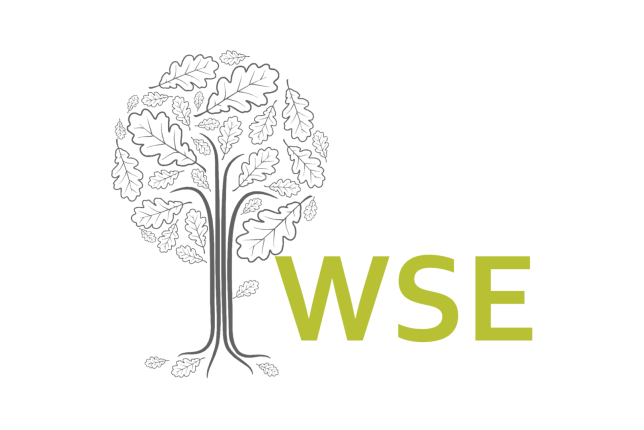MicroWPC
Project description
The objective of the project is to develop process design for evaluating formation of microplastics (MPs) from wood plastic composites (WPCs) during weathering, determine the main influencing factors, and characterise the amount and properties of MPs. The objective of the project will contribute to the overall aim, which is MPs pollution mitigation by providing fundamental knowledge of their formation.
In recent years, studies have proven the negative impact of microplastics (MPs) on the environment as well as on the human health, which creates an urgent need for research aimed at reducing MPs pollution. There is still a lot of ambiguity about the sources of MPs, as well as their properties. Wood plastic composites (WPCs) are considered environmentally friendly materials, as recycled plastic and wood residues are used in their production. However, studies show that these materials undergo significant surface degradation in outdoor conditions, leading to the formation of microcracks and erosion. The results of previous studies suggest that the eroded material is secondary MPs, as degradation has been found to occur primarily within the polymer matrix. In order to evaluate the potential risks, the project will develop a process design that will allow to investigate the formation of MPs from WPCs under artificial weathering conditions, as well as provide information on the amount, physical and chemical properties of MPs. The project will determine the factors influencing the formation of MPs, including the composition of WPCs and environmental conditions. Analyses of the changes in the surface of WPCs during the weathering process will allow to understand the peculiarities of MPs formation. Fundamental knowledge will not only make it possible to assess current risks, but also contribute to development of safer products.


Project implementation period: 36 months.
Total financing of the project: EUR 300 000.
Place of project implementation: Latvian State Institute of Wood Chemistry, Riga, Latvia.
Call, activity: Latvian Council of Science Fundamental and Applied Research Project 2022/1 (LCS FARP 2022/1)
Implementation of the project

